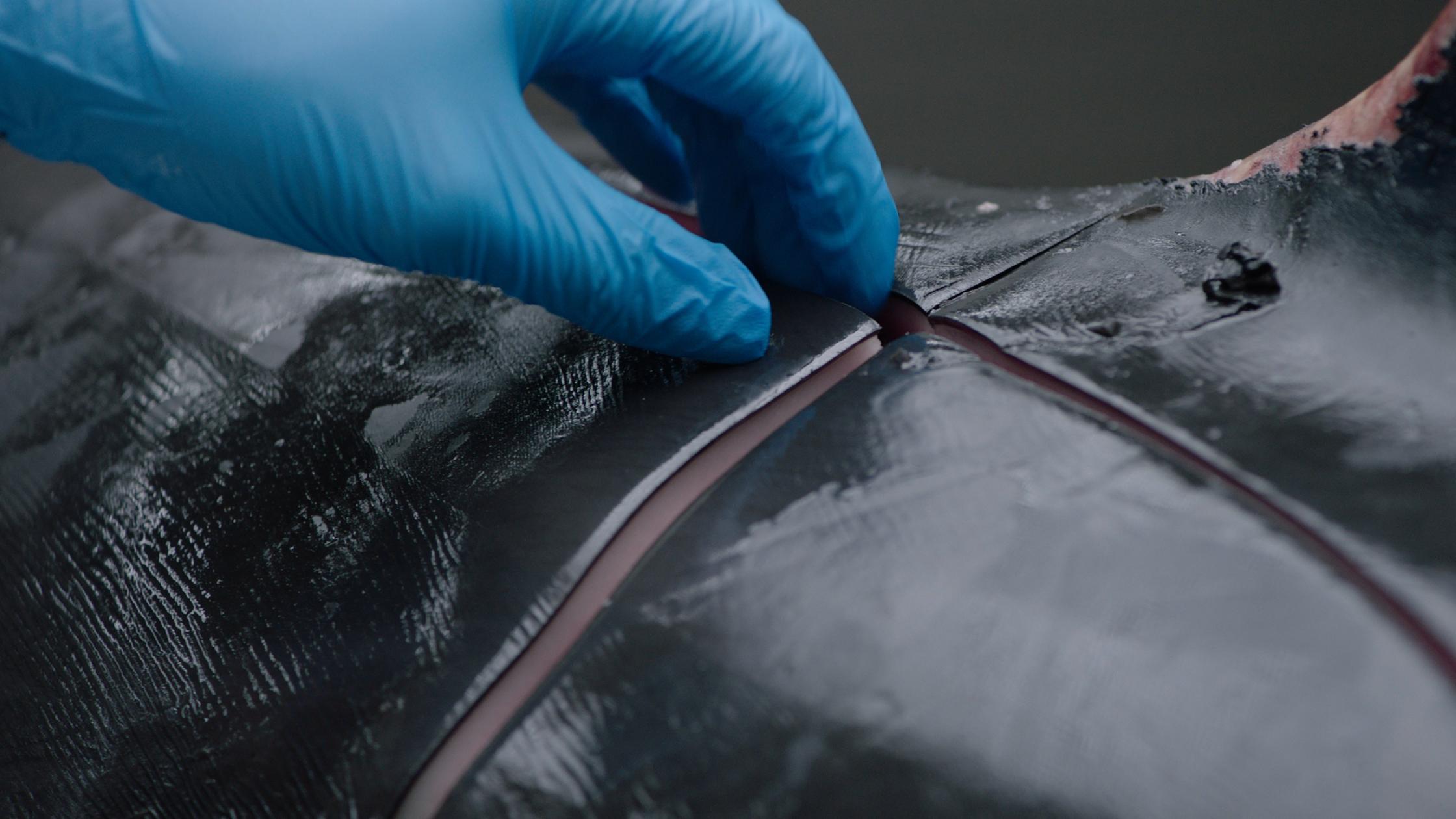Artistic researcher Esmee Geerken cordially invites you to the Deep Ecology Talks. For this series, Geerken invites artists, researchers and everything in-between to give their view on what it means to be a human within a (non-)living planet; how to shift gears, while being entangled within complex – yet clearly unsustainable and unjust, systems? How to balance between being hopeful – acting hopeful, and facing the reality of climate change, inequality and biodiversity loss?
Deep Ecology, referring to a term coined by ecologist Arne Næss in 1973, entails the idea that the ecosystem is a web of complex relationships that needs to be regarded as a whole, with moral and legal rights to remain healthy, independent from human extractions of the ecosystem.
The Deep Ecology Talks are part of Geerkens’ ongoing research on 'Building as being' at Waag and they are part of an honours module for the Institute of Interdisciplinary Studies (University of Amsterdam). The talks welcome everyone with an interest in ecology, life, diversity and the future of our science parks, cities and planet.
Deep Ecology Talk 4: XenoEstroGenesis - Dr. Eva Hayward
Sexual plasticity has become the critical refrain for plasticized landscapes, plastic dumping, and xenoestrogenic toxicity. From polar bears to sea stars, from humans to fishes, anthropogenic plastics are undoing the sexual lives of animals. Xenoestrogens have been highlighted as key contaminates in plastic pollution for transforming endocrine systems (with these agents referred to as “endocrine disrupting compounds” or “EDCS”) around the globe and across phyla. It is not coincidental that the prefixes xeno- and estro- should find themselves attached to threat.
As feminist, transnational, and critical race thinkers have shown over and again, these prefixes have old growth, political roots; various feminized others find themselves framed (as in both structured and scapegoated) as threatening. And yet, xenoestrogenic adulterants are regularly represented in environmental discourses, as well as in print and online media, as deracinated, uprooted from questions of race and nation, while fetishized as agents of sexual disruption and plasticity.
In these accounts, species difference is troubled by hormonal plasticity (the openness of the endocrine system to recognize self in a toxic other), which serves to reify sexual biologism while proffering sexual plasticity. Demonstrating, yet again, how sex is reasserted as central, as of an altogether different ontological order than race, ethnicity, and other intersectional forces. Often working in tandem, nonhuman animals are used in these same representations to further substantiate the totalizing nature of sex, its biological primacy and binary logic over social injustice and environmental racism.
Plasticity through plastic pollution discourse, then, is built upon sex/species confusions that necessitate race. So, how might we attend to plastic pollution without reinforcing sexual ontologies, demonstrating instead how sexual plasticity is itself environmental racism? How have environmental plastics, ironically, exposed the instability of sex through the intractability of race?
Eva Hayward (US) is an anti-disciplinary scholar coming out of the History of Consciousness tradition of the University of California at Santa Cruz. Her training is in the history of science, film and art history, and psychoanalytic semiotics, attentive to the persistence of sexuality and aesthetics in the structuring of knowledge, subjectivity, and power. She is an assistant professor in the Department of Media and Culture Studies at Utrecht University.
About Esmee Geerken
Esmee Geerken is an artist and earth scientist, combining both disciplines in her artistic research practice, in which she questions our experience of the material environment. Esmee graduated from Gerrit Rietveld academy and looked at the microscopic shells of unicellular marine organisms for her PhD in geochemistry at the Netherlands Institute for Sea Research (NIOZ). Geerken is currently artist in residence at the UvA-institute of advanced studies and the Waag project T-Factor.
About T-Factor
What chances and possibilities lie within the temporary initiatives or ‘meanwhile spaces’ of urban areas? How can we enliven these initiatives in an inclusive way that offers space to a variety of life forms: people, plants, animals and microbes? For the upcoming two years, Waag will explore these questions at Amsterdam Science Park with the EU-project T-Factor.


